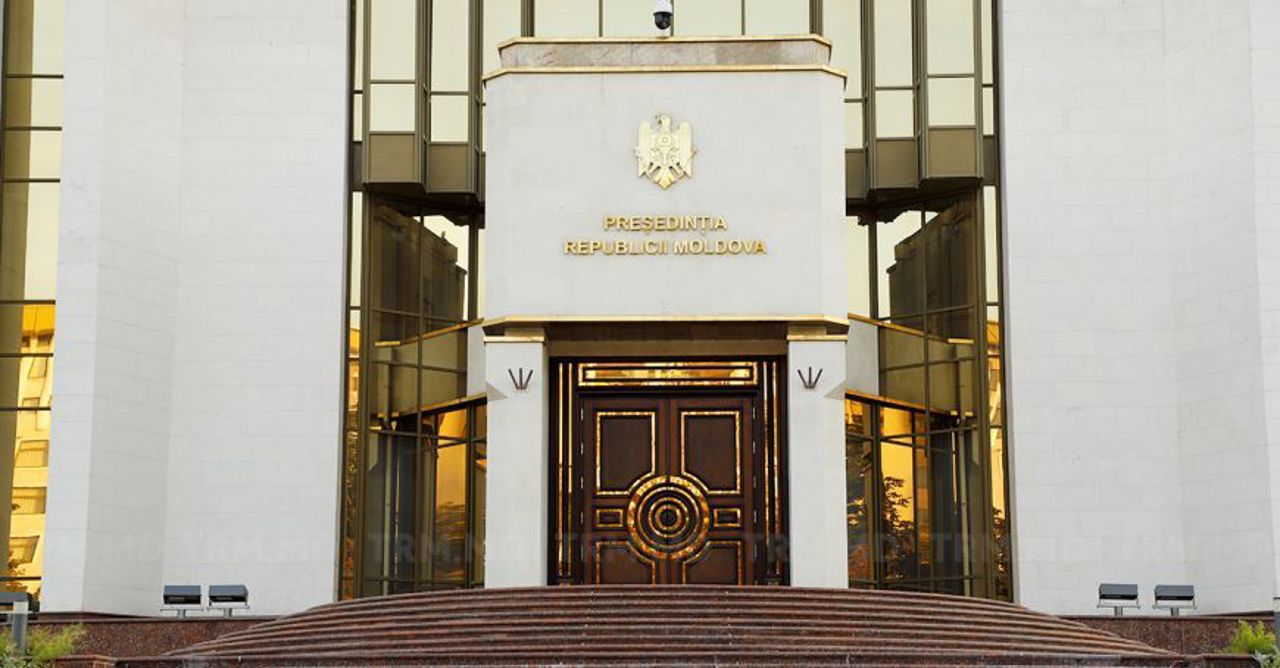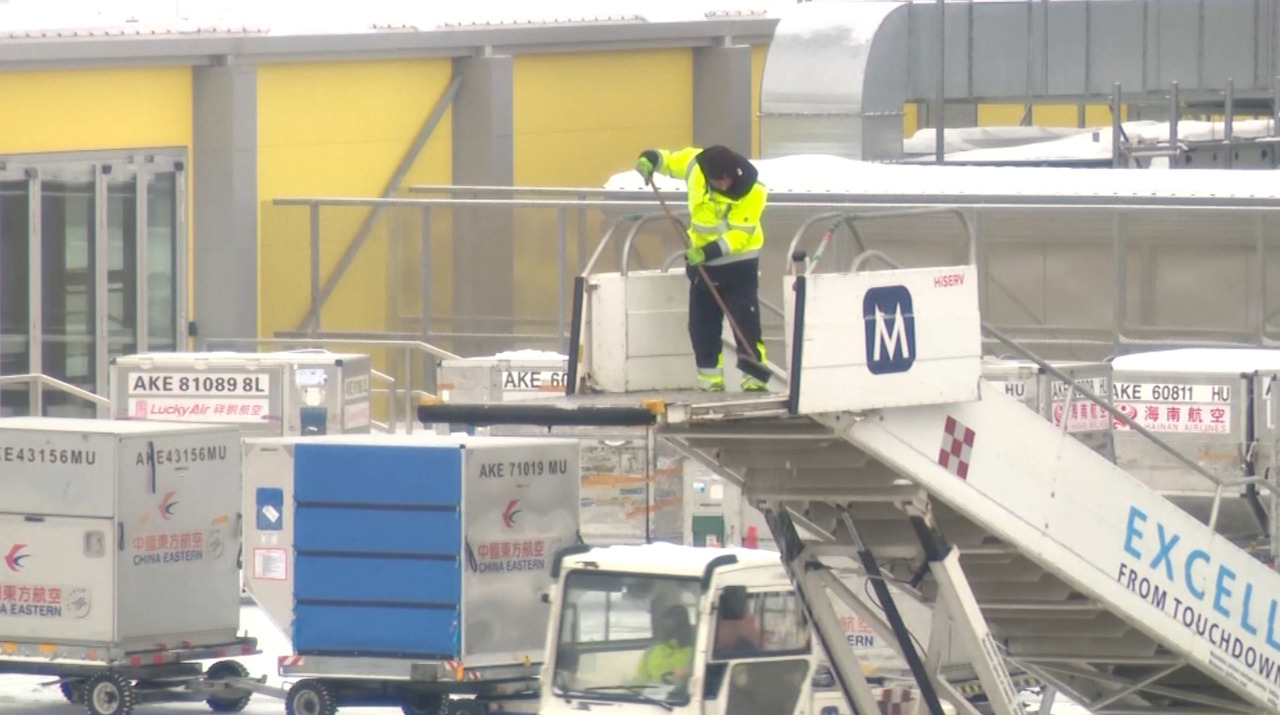Moldova's disinformation fight shifts to Presidency

The Center responsible for countering disinformation will be placed under the direct authority of the President of the Republic of Moldova.
On Thursday, Parliament approved the draft law providing for this reorganization in the first reading, with 56 votes from Members of Parliament (MPs). The initiative, supported by MPs from the ruling Action and Solidarity Party (PAS), was sharply criticized by the opposition, which alleges "waste of public funds," "lack of transparency," and attempts to consolidate "political control" over state institutions.
The bill also renames the Center for Strategic Communication and Combating Disinformation to the Center for Strategic Communication and Countering Disinformation. Its mission will thus be to prevent and reduce the impact of disinformation through public education and inter-institutional coordination. The Center's director will be appointed by the President of the Republic and will be a member of the Supreme Security Council.
According to the bill's authors, placing this entity under the direct authority of the President will strengthen the coordination of public policies in the field of information security.
"We initiated this change because the President of the Republic of Moldova is the supreme commander and guarantees the sovereignty of the Republic of Moldova. Just as the SIS (Security and Intelligence Service) is subordinated to the President, and this institution, sharing a similar objective, it is logical for it to be under the President. This is a logical decision, and this institution, whose objective is the country's security, should be subordinated to the presidential institution," argued PAS MP Lilian Carp, speaking from the Parliament's rostrum.
Opposition: "The Center for Strategic Communication and Combating Disinformation – an institutional ghost"
The initiative was sharply criticized by the opposition, which alleges "waste of public funds" and the creation of a "tool for political intimidation." Adela Răileanu, an MP from the Bloc of Communists and Socialists, denounced the significant funding allocated to an institution that, in her opinion, exists "only formally," "without tangible results," and with a "low degree of transparency."
"In a country where hospitals are closing, schools are shutting down, and people are counting their pennies before buying bread, the government saw fit to squander tens of millions of lei on an institutional ghost: the Center for Strategic Communication and Combating Disinformation. After nearly two years of existence, this center hasn't even managed to set up a functional website. Zero transparency. Zero reporting to Parliament. And, obviously, no concrete results for citizens or for the country," stated Adela Răileanu.
PAS: "It's not a whim; it's a necessity."
In response, PAS MP Ion Babici defended the bill, stating that national security requires firm measures and functional institutions.
"The law on national security is not a whim; it's a necessity for survival, it's what a responsible state must do in the face of dangers. (...) We must introduce very tough laws to combat all this nonsense at its root. Every time we try to make the country stronger, you continuously come with propaganda and lies. As Solzhenitsyn said: 'When justice goes on the offensive, lies play the victim.' That's exactly what we see in this room," declared Babici.
What else the bill entails
The Center's new structure will include an advisory council, and its decisions will be recommendatory. Its members may include public officials, representatives from academia, prominent professionals, representatives of strategic and development partners, specialists or experts with notable experience in public communication, security and defense, public administration, international relations, etc. Membership in the Council will be voluntary. The Council will offer proposals for improving the Center's activity and provide support within its areas of competence.
The bill also introduces new definitions related to information security, such as "sensitive security information" and "societal resilience," aligned with European terminology. Furthermore, it proposes extending the Strategic Communication Concept until 2030, with the aim of consolidating the national strategic framework and ensuring institutional efficiency in strategic communication and combating disinformation. The Concept was approved for the period 2024-2028 and constitutes a public policy instrument derived from the National Security Strategy, which was approved for 2024-2030.
The legislative initiative is scheduled to be examined by Parliament in its second reading.
The Center for Strategic Communication and Combating Disinformation was created in July 2023, at the initiative of President Maia Sandu, with the aim of strengthening inter-institutional cooperation in the fight against disinformation, information manipulation, and foreign interference. The Center's operations during 2024 cost the state budget 20 million lei.
Translation by Iurie Tataru





